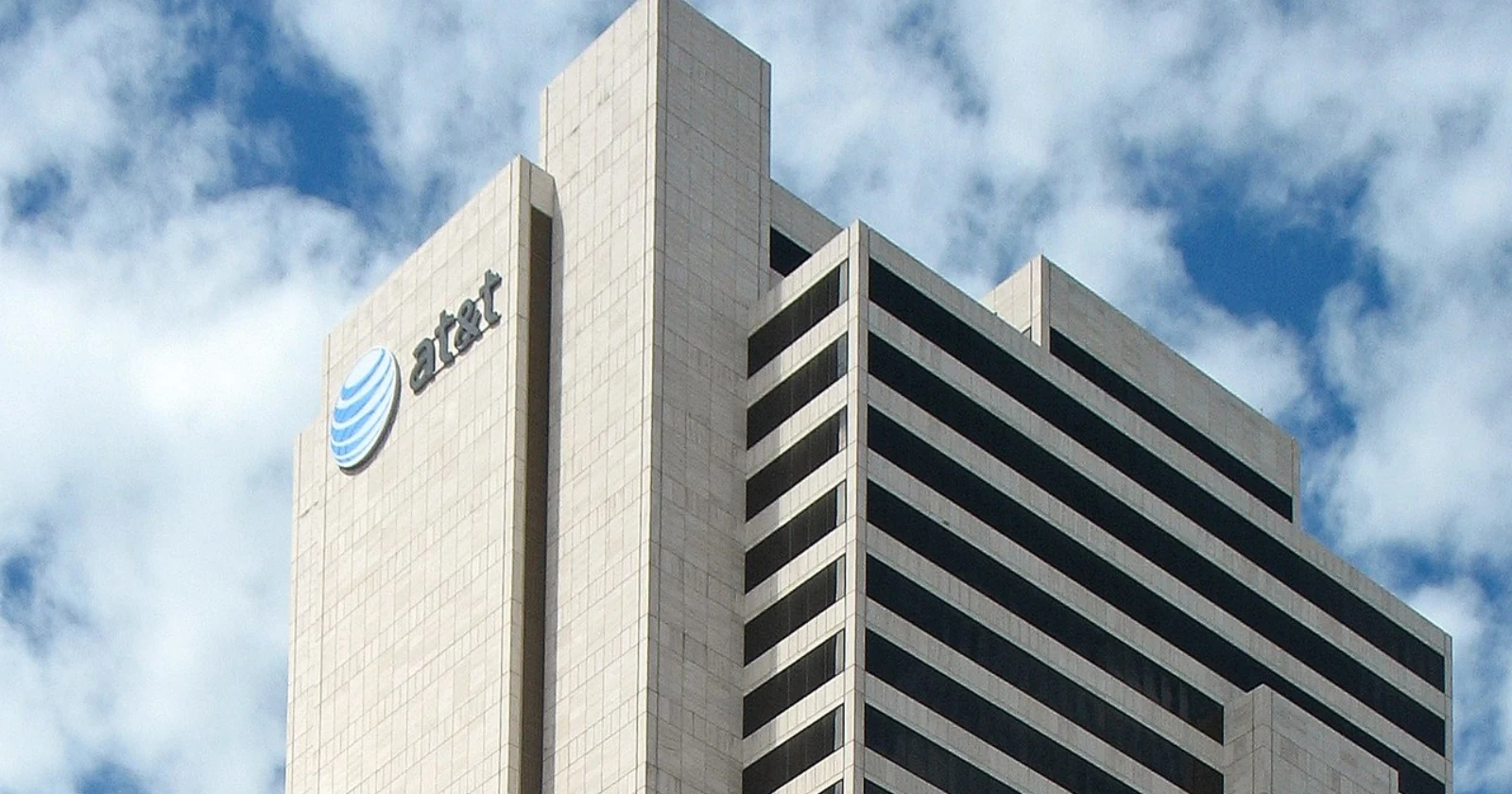In the wake of revelations about Salt Typhoon, a Chinese-linked cyberespionage group, many Americans are likely wondering if their personal data has been caught in the crossfire. Salt Typhoon targeted major U.S. telecom providers, including AT&T and Verizon, exploiting vulnerabilities to infiltrate networks. While companies have reassured customers that their systems are now secure, questions remain about the implications for everyday users.
What happened?
Salt Typhoon’s operation was not a usual “quick hack,” instead, it was a long-term sophisticated attack aimed at the biggest US carriers like AT&T and Verizon. According to Reuters, the group gained access to critical infrastructure, allowing them to geolocate individuals, record phone calls, and steal massive amounts of call records.
The hackers reportedly exploited technical vulnerabilities in equipment like routers and firewalls, later using standard tools to expand their reach. While the companies involved emphasize that only a small number of high-value targets were affected, the breach demonstrates just how deeply such an attack can penetrate.
Is your data at risk?
For most Americans, the short answer is: probably not. These attacks focused on individuals of interest, such as government officials and political figures. However, the methods Salt Typhoon used highlight vulnerabilities that could affect broader populations in future incidents.
AT&T and Verizon have assured the public that their networks are secure and that they’re working closely with law enforcement to prevent further breaches. Independent cybersecurity firms have confirmed these findings, but experts warn that full mitigation could take months. For a deeper dive, you can check out this article by The Conversation.
What should you do?
Although you’re unlikely to be directly targeted by a nation-state operation, there are practical steps you can take to secure your personal data:
- Use encrypted messaging apps: Switch to end-to-end encrypted services like Signal or iMessage to keep your calls and messages private.
- Strengthen passwords: Avoid using default or easily guessed passwords on devices, including your home Wi-Fi router.
- Enable two-factor authentication: Add an extra layer of security to your accounts to protect against unauthorized access.
The bigger picture
Salt Typhoon’s breach has reignited debates about cybersecurity and surveillance. Experts point out that backdoors intended for government use often become vulnerabilities exploited by malicious actors. Ironically, the U.S. government is now urging individuals and organizations to use encryption — a technology it once sought to weaken.
AT&T and Verizon say they’ve plugged the security holes, but the damage is done. This hack shows that even the biggest phone companies aren’t untouchable.
TechIssuesToday primarily focuses on publishing 'breaking' or 'exclusive' tech news. This means, we are usually the first news website on the whole Internet to highlight the topics we cover daily. So far, our stories have been picked up by many mainstream technology publications like The Verge, Macrumors, Forbes, etc. To know more, head here.


